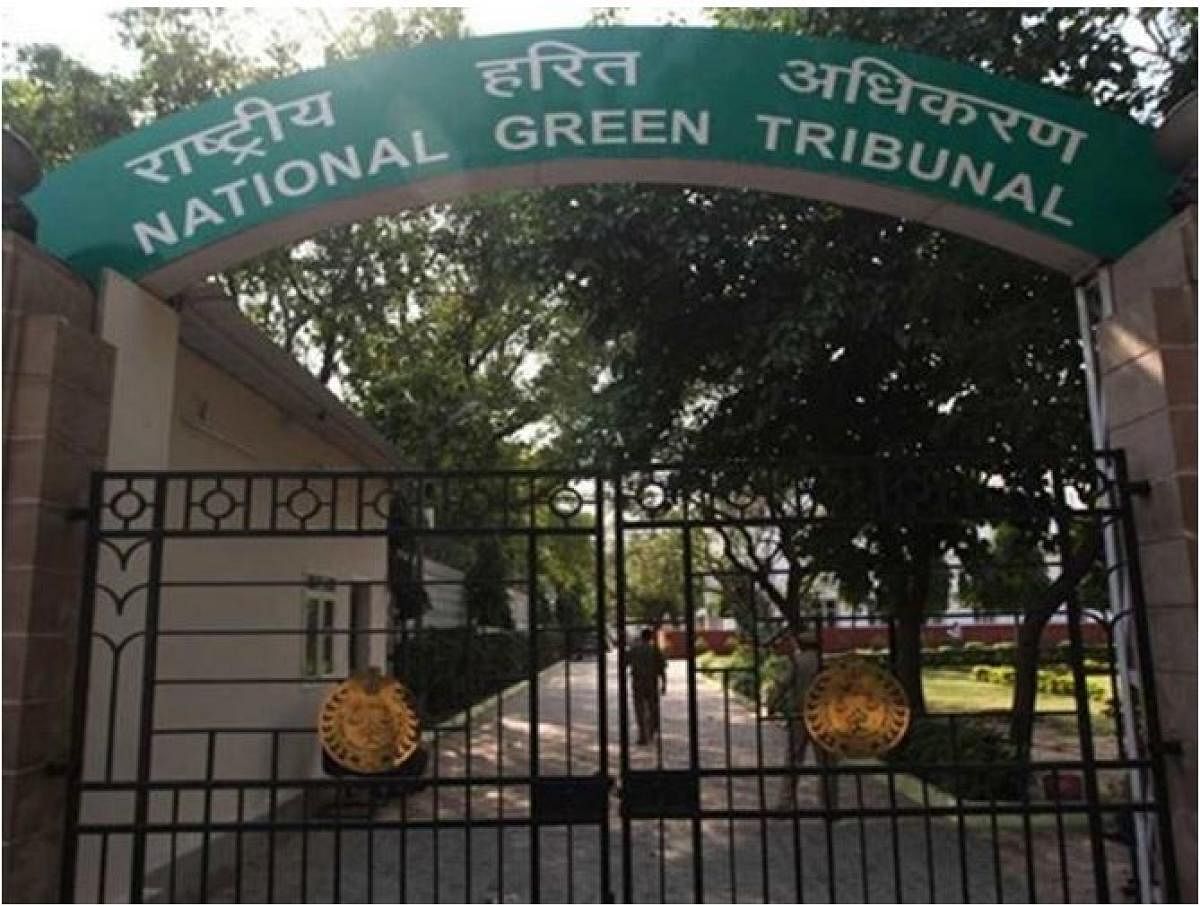The National Green Tribunal has taken a unique measure to allow online filing of complaints, opening a new vista for ordinary and concern citizens to highlight violations of environmental laws and rules.
In 2019, the top green court of the country dealt with several issues, including cleaning of Ganga and Yamuna and brought a new dynamic functioning style for sensitising government machinery to act fast and intensify its surveillance and vigilance mechanism. It set a deadline of December 31, 2020, to ensure that no single drop of sewage go into the rivers.
The tribunal under the chairmanship of Justice Adarsh Kumar Goel introduced the system of getting factual and field-based reports on the basis of inspection carried out by the Central or State Pollution Control Board either independently or jointly.
In several matters, it constituted committees of central and state representatives with experts from IITs and other eminent institutions. It also preferred appointment of retired judges of the Supreme Court and the High Courts for taking a stock situation and establishing inter-departmental coordination in the states.
The tribunal redesigned its website and launched an online filing of complaints and petitions by submitting a fee of Rs 1,000 without engaging an advocate. It also entertained mails and letters and admitted those as petitions.
During the year that has gone by, the tribunal imposed heavy fines and environment compensations on public authorities for not discharging their "statutory" obligations and corporate houses for damaging the environment and ecology.
In an unprecedented move, the NGT summoned chief secretaries of states and UTs seeking compliance status on key issues like solid and plastic waste, polluted river stretches, sand mining and air pollution in cities.
In order to regulate the use of RO purifiers, it directed the government to prohibit them where total dissolved solids in water are below 500 mg per litre and sensitise public about ill-effects of demineralised water.
The NGT dealt with matters of air pollution in 122 cities where its level has been exceeding norms. It got action plans approved by the Central Pollution Control Board (CPCB) for such cities to be implemented by state agencies. Among others, it ordered for auditing of 36 Railways stations and asked it to maintain cleanliness on platforms and ensure liability of officers for non-compliance.
In 2019, the green body also imposed heavy fines on several states as well as private bodies. A whopping Rs 500 crore fine was imposed on German auto major Volkswagen for damaging the environment through "cheat device" in its diesel cars in India.

